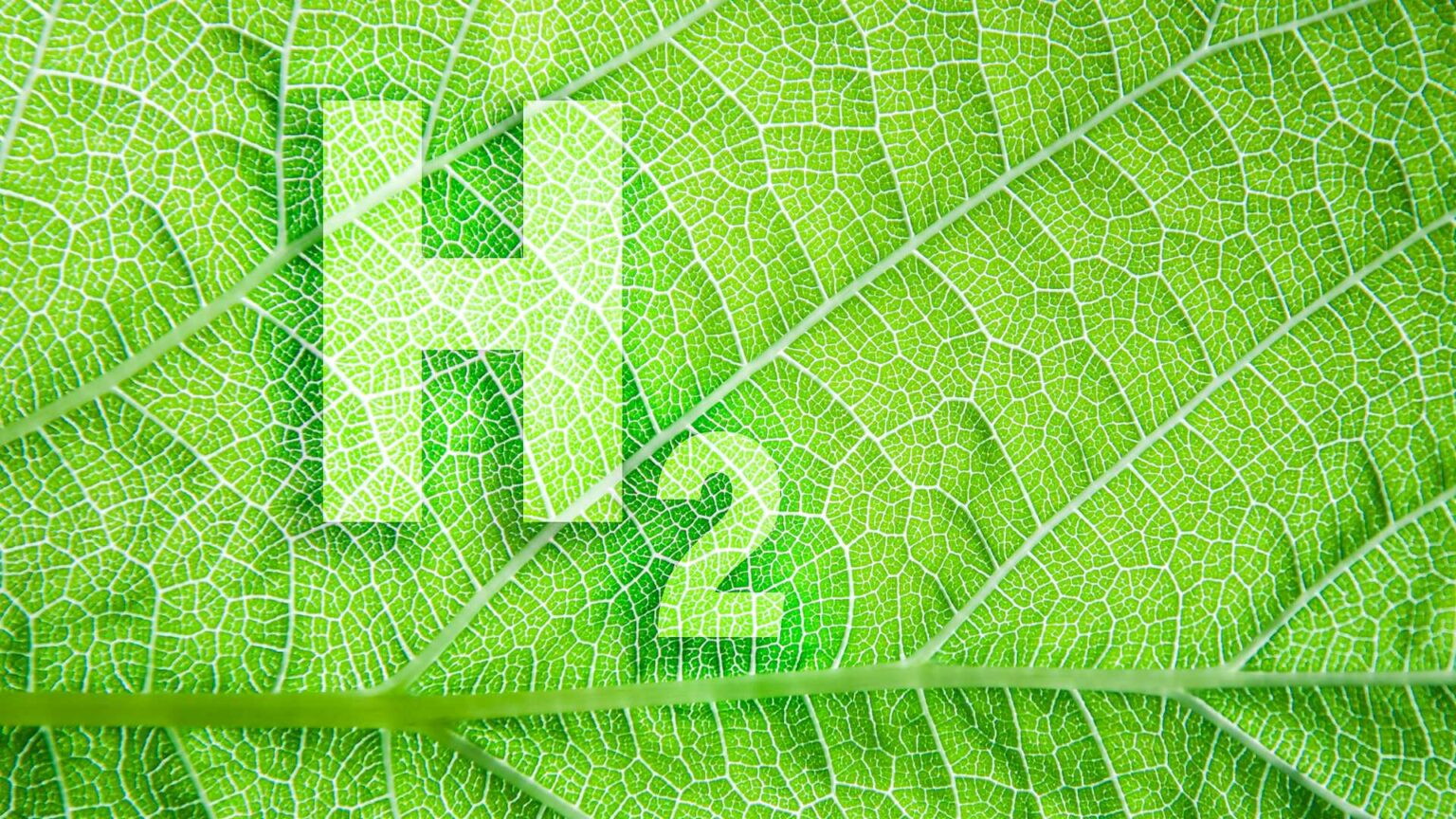At the recent H.eco Forum in Seoul, Nobuo Tanaka, former executive director of the International Energy Agency, highlighted the strategic importance of hydrogen and nuclear energy for Japan and South Korea.
His keynote speech underscored the potential for these countries to emerge as leaders in the global energy transition. However, a critical examination of this strategy against industry benchmarks and current global trends is necessary to understand its feasibility and implications.
Tanaka emphasized the dual role of hydrogen and nuclear energy in addressing global energy and climate crises. He posited that Japan and South Korea could leverage these technologies to secure energy independence and reduce carbon emissions. This approach aligns with broader global trends where nations are increasingly investing in clean energy solutions to mitigate climate change and enhance energy security.
Tanaka compared the efforts of Japan and South Korea with those of the US and EU. The US, through the Inflation Reduction Act, and the EU, via the REPowerEU plan, have made significant strides in renewable energy investments. These initiatives reflect a proactive stance in combating climate change and transitioning to a sustainable energy future. In contrast, countries heavily reliant on fossil fuels, such as Russia, face increasing challenges in this new energy landscape.
A key point in Tanaka’s speech was the potential for Japan and South Korea to collaborate on building a global supply chain for clean hydrogen. This collaboration could mirror their successful past cooperation on liquefied natural gas (LNG). Establishing a hydrogen pipeline connection between the two nations could be a transformative step, enhancing regional energy security and contributing to global hydrogen market development.
However, the success of such a venture depends on overcoming significant technical and economic challenges. The infrastructure for hydrogen production, storage, and transportation is still in its nascent stages. Moreover, the cost of hydrogen production, particularly green hydrogen, remains high compared to traditional fossil fuels and even other renewable energy sources.
Tanaka highlighted the resurgence of nuclear energy’s popularity despite lingering concerns from past disasters like Fukushima. He argued that nuclear energy could be considered sustainable if it meets three critical conditions: minimal risk of accidents, effective radioactive waste management, and non-proliferation.
To this end, Tanaka proposed a trilateral collaboration between Japan, South Korea, and the US to develop advanced nuclear technologies, such as integral fast reactors and pyroprocessing. These technologies promise significant safety advantages, efficient waste management, and resistance to nuclear proliferation.
Tanaka’s vision extends to broader strategic cooperation, including the development of nuclear propulsion submarines and efforts towards the denuclearization of North Korea. This proposal suggests forming a Northeast Asian counterpart to AUKUS (a trilateral security pact between Australia, the UK, and the US). Such collaboration could enhance regional security and stability, though it would require careful diplomatic navigation given the complex geopolitical dynamics in Northeast Asia.





